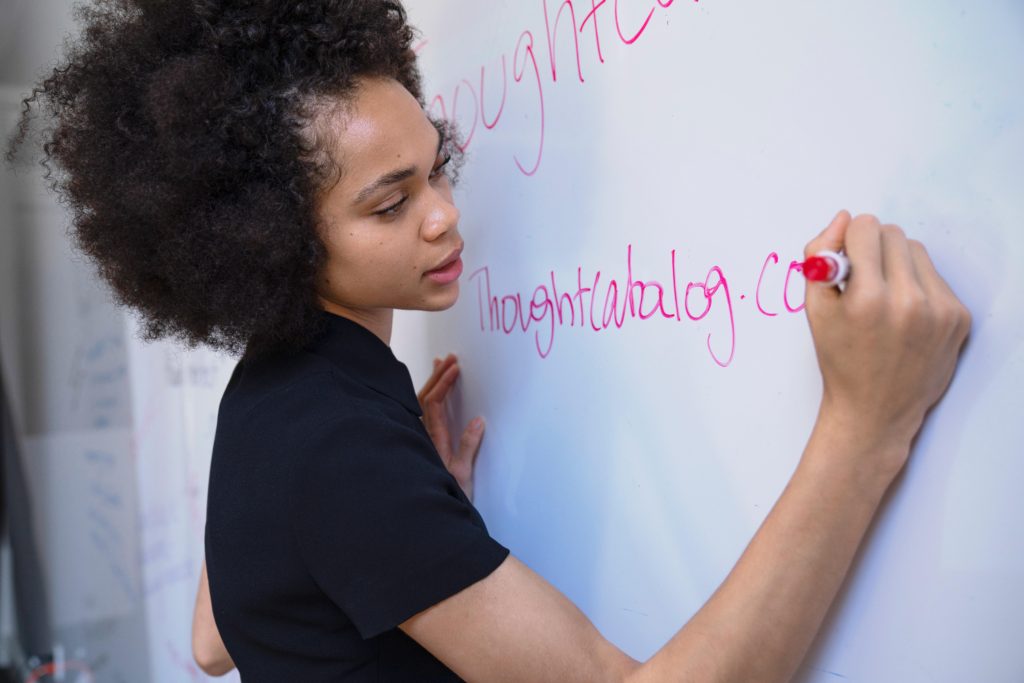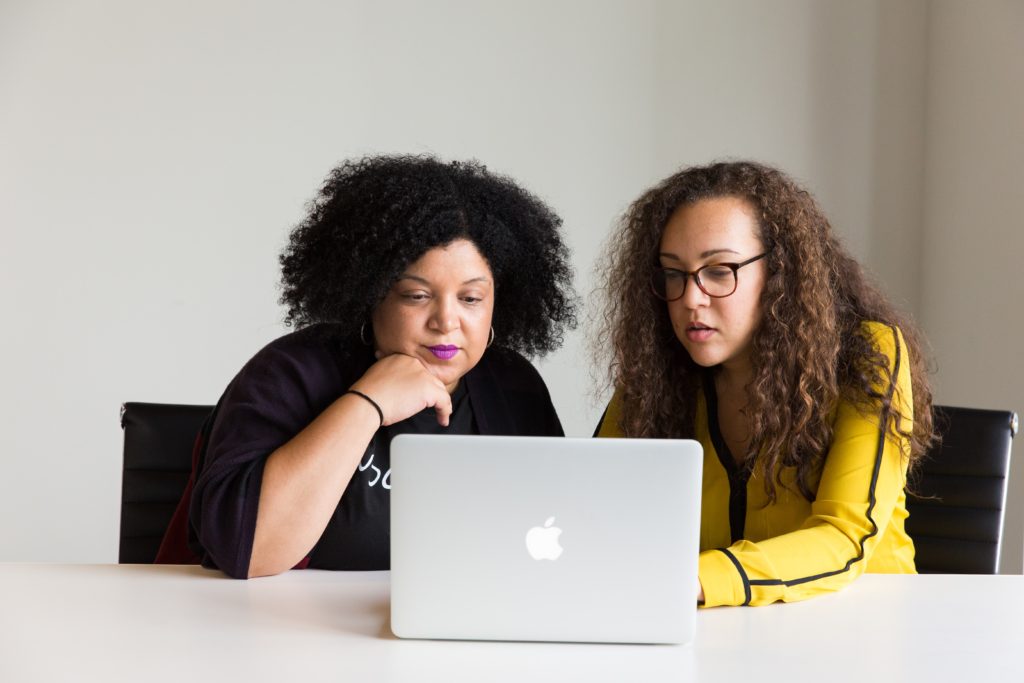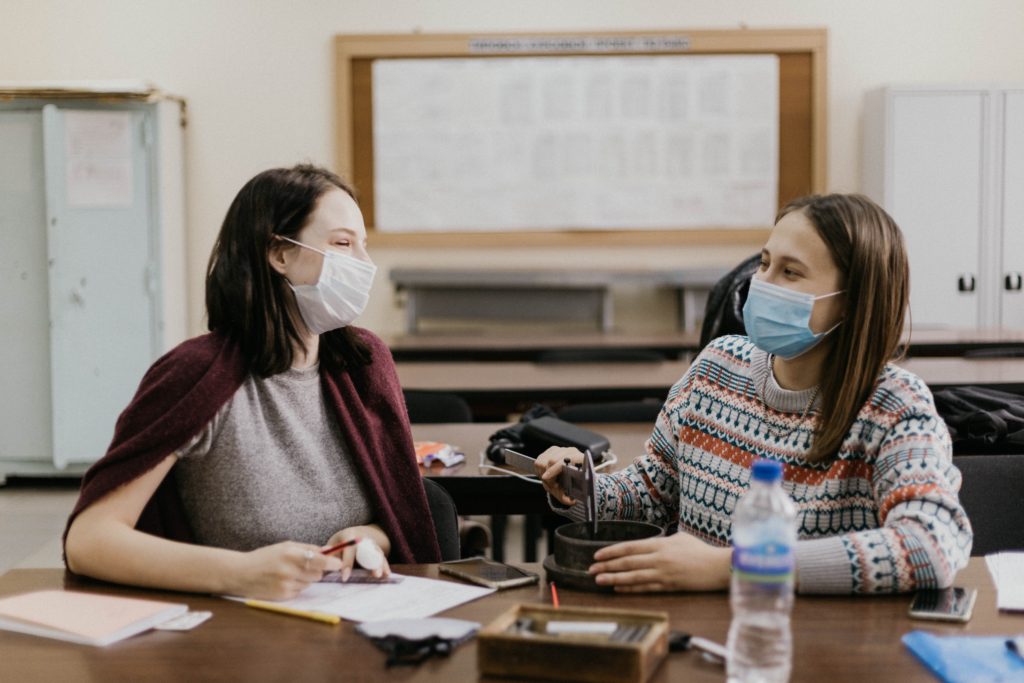Developing professionals the DMDL way
Our team of professional development experts engage teachers and leaders alike, building organizational capacity in order to accelerate student achievement. Professional development solutions are built on research-based models. For school transformation the DMDL team works with the school leadership to identify a set of desired outcomes.
Workshops, seminars and training courses are organized to help teachers, staff and program providers stay up to date with new trends and learn fresh strategies, techniques and methods for classroom challenges and to develop and integrate curriculum that meets the needs of at-risk students attending public and private schools. The overriding idea behind the DMDL approach to professional development is that increased knowledge helps teachers improve student achievement. Based on Howard Gardner’s multiple intelligences, this asserts that children learn in different ways, DMDL’s professional development initiative focuses on what each teacher needs to fine-tune his or her classroom practice.
Featured Professional Development Workshops
The number one problem in the classroom is not discipline. It is a lack of practices and procedures. This workshop will assist teachers to establish routines to create positive daily habits that promote self-care and build trust.
In this workshop, educators will learn how to develop questions that encourage students to use critical thinking skills to provide more in-depth responses. Participants will review question-answer relationships and practice methods in creating more complex questions from simpler ones.
To differentiate instruction is to recognize students varying background knowledge, readiness, language, preferences in learning, interests, and to react responsively. Differentiated instruction is a process to approach teaching and learning for students of differing abilities in the same class. The intent of differentiating instruction is to maximize each student’s growth and individual success by meeting each student where he or she is, and assisting in the learning process.
Teachers will gain an expanded understanding of base ten number systems, comparing similiarties and differences, to develop the concept of place value. Concepts, skills and problem-solving will be developed to determine how, when and why place value usage is important.
In this workshop, participants will be able to: Examine collaborative methods to work with parents; Discover methods that empower parents to better serve as partners in their child’s education; Participate in role-playing and explore effective communication strategies
Have you ever had a problem getting youth to be deeply engaged in instruction? Could you use tools and support to help kids take ownership of their learning? If your answer is yes to either of these questions, we have a PD and coaching for you.
This workshop will illustrate how understanding includes concepts, skills, problem solving, reasoning and analysis. Teachers will self-assess where they are on the continuum of understanding – rather relational or instrumental. They will examine students work to identify what types of understanding were displayed. Teachers will work on strategies of understanding to help students move up the continuum of understanding.
This workshop will assist participants in developing and identifying five interventions to use with Tier 3 students, identifying two strategies for collecting data on the progress, lastly learning how to identify three solutions to classroom management concerns during small group instruction.
This workshop will assist participants in developing skills and techniques to help with relaxation and stress reduction. The illustrations will include brief relaxation exercises and those that are more meditative for extended periods of time.
Understanding will be illustrated with multiplication using both rational and irrational numbers and variables. Teachers will deal with concepts, skills problem-solving centering around multiplication and division, its inverse. They will observe and compare how the initial value of numbers relate to the resulting value of the number when multiplying and dividing. They will provide diagrams demonstrating multiplication of rational numbers.
This workshop will provide teachers with necessary information to answer the critically important questions that may lead to a student being diagnosed with a disability and receiving an IEP or a 504 plan
This workshop will provide best practices for strengthening empathy in their relationships with students, building cultural competences, creating trusting, inclusive relationships resulting in safe spaces for learning.
Stressful experiences are a normal part of life, fortunately there are many evidence based tools to help combat the negative effects of stress in healthy ways. In this workshop parents, will be understand and identify their stressors (physical or mental), healthy ways to cope with stress and strategies for relaxation.
Teacher will learn and apply various strategies for understanding subtraction with variables. When solving for the unknown variable, teachers will solve problems using the inverse of subtraction for rational and irrational numbers.
Teachers will discuss and analyze how they prepare lessons in mathematics, listing the strengths and challenges. Using research-based strategies, this workshop will ask the questions to problem solve, focus on math vocabulary and pratical applications for the classroom. Each teacher will demonstrate understanding of workshop content by conducting a 10-minute lesson utilizing the materials discussed.
In this workshop, educators will be introduced to methods in which manipulatives can support how students plan and solve mathematical questions (problems). Participants will engage in mini lessons using the manipulatives and determine how to incorprate usage during daily instruction.
Some days the most experienced instructor can feel like a beginning teacher. Strategies presented in this workshop will enrich the new teacher as well as the veteran educator alike. Equip teachers in writing lesson plans, getting organized and assessing student. Additionally, the age old question, “The plan failed… what next?” will also be addressed by examining activities that offer rich educational experiences for students when lessons do not go according to plan.
This workshop will attempt to help educators realize how critical it is to understand the potential of RTI and its impact on the struggling reader. Upon leaving this workshop, participants will learn early and effective teaching strategies for all students by utilizing a three-tiered model approach that showcases three levels of intensity. Using the tools gleaned from this workshop, participants will be enabled to help students get the intensive, individualized instruction they need before they begin to fail!





